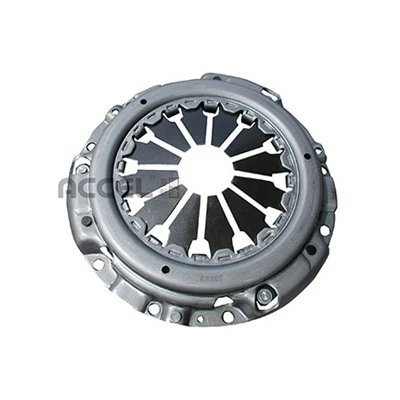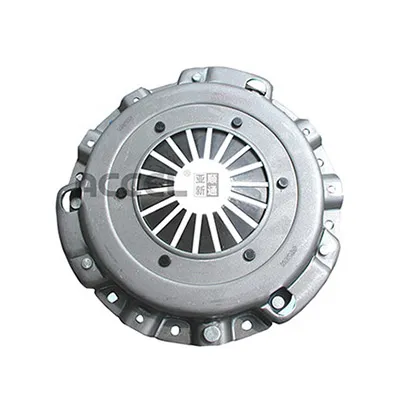Mica is a fascinating material that has garnered attention across various industries due to its unique properties and versatility. Known for its exceptional thermal stability, high dielectric strength, and excellent chemical resistance, mica has become a critical component in manufacturing and industrial applications. Its relevance and widespread use make it an interesting topic for exploration, particularly for those interested in understanding its impact on modern technology and manufacturing.
From an ecological standpoint, mica is a relatively sustainable material. Responsible mining and processing practices ensure that its environmental impact is minimal compared to other materials. This attribute aligns with the growing need for companies to adopt more sustainable and eco-friendly practices without compromising on quality or performance. In terms of authority and trustworthiness, mica has been utilized for centuries, evidence of its efficacy and reliability. Historical records show that ancient civilizations exploited mica for its reflective qualities, using it in decorative applications. Today, ongoing research continues to broaden our understanding and use of mica, reinforcing the existing knowledge foundation while innovating new applications that can benefit from its inherent properties. Even in personal care products, mica contributes significantly as a mineral ingredient in cosmetics, offering sheen and sparkle without causing harm to the skin. Its safe, hypoallergenic nature makes it valuable in products like eyeshadows, lipsticks, and face powders, catering to consumer demands for both aesthetics and safety. Given the exceptional qualities and multifaceted applications of mica, it continues to stand out as an irreplaceable material across numerous sectors. Experts in various fields recognize its indispensable nature, leveraging its properties to drive innovation, improve efficiency, and ensure the safety and efficacy of a wide range of products. Whether in advanced technology, automotive applications, construction, or consumer goods, mica's versatility and reliability remain unparalleled, securing its position as a fundamental material in modern industry. For those vested in future-proofing their manufacturing processes or product lines, understanding and integrating mica into their applications might just hold the key to achieving superior performance and long-term sustainability.


From an ecological standpoint, mica is a relatively sustainable material. Responsible mining and processing practices ensure that its environmental impact is minimal compared to other materials. This attribute aligns with the growing need for companies to adopt more sustainable and eco-friendly practices without compromising on quality or performance. In terms of authority and trustworthiness, mica has been utilized for centuries, evidence of its efficacy and reliability. Historical records show that ancient civilizations exploited mica for its reflective qualities, using it in decorative applications. Today, ongoing research continues to broaden our understanding and use of mica, reinforcing the existing knowledge foundation while innovating new applications that can benefit from its inherent properties. Even in personal care products, mica contributes significantly as a mineral ingredient in cosmetics, offering sheen and sparkle without causing harm to the skin. Its safe, hypoallergenic nature makes it valuable in products like eyeshadows, lipsticks, and face powders, catering to consumer demands for both aesthetics and safety. Given the exceptional qualities and multifaceted applications of mica, it continues to stand out as an irreplaceable material across numerous sectors. Experts in various fields recognize its indispensable nature, leveraging its properties to drive innovation, improve efficiency, and ensure the safety and efficacy of a wide range of products. Whether in advanced technology, automotive applications, construction, or consumer goods, mica's versatility and reliability remain unparalleled, securing its position as a fundamental material in modern industry. For those vested in future-proofing their manufacturing processes or product lines, understanding and integrating mica into their applications might just hold the key to achieving superior performance and long-term sustainability.
Prev:
Next:
Latest news
-
The Versatile World of Phlogopite Mica: Properties, Forms, and ApplicationsNewsJul.14,2025
-
The Versatile Applications of Calcined Mica: From Decoration to Industrial UseNewsJul.14,2025
-
The Role of Muscovite Mica in Industrial Insulation MaterialsNewsJul.14,2025
-
The Benefits of Using Expanded Clay Pebbles in Hydroponics and Soil GardeningNewsJul.14,2025
-
Innovative Applications of Mica Flake in Paints and CoatingsNewsJul.14,2025
-
Gardening Expanded Clay Usage: A Complete GuideNewsJul.14,2025
-
The Use of Natural Mica Powder in Skincare ProductsNewsJun.11,2025
Related Products








